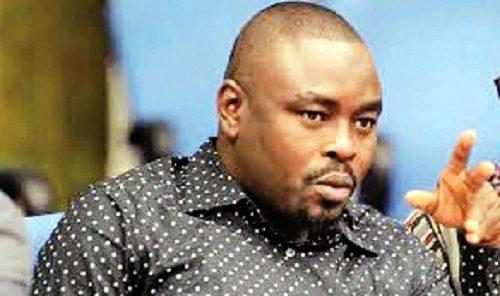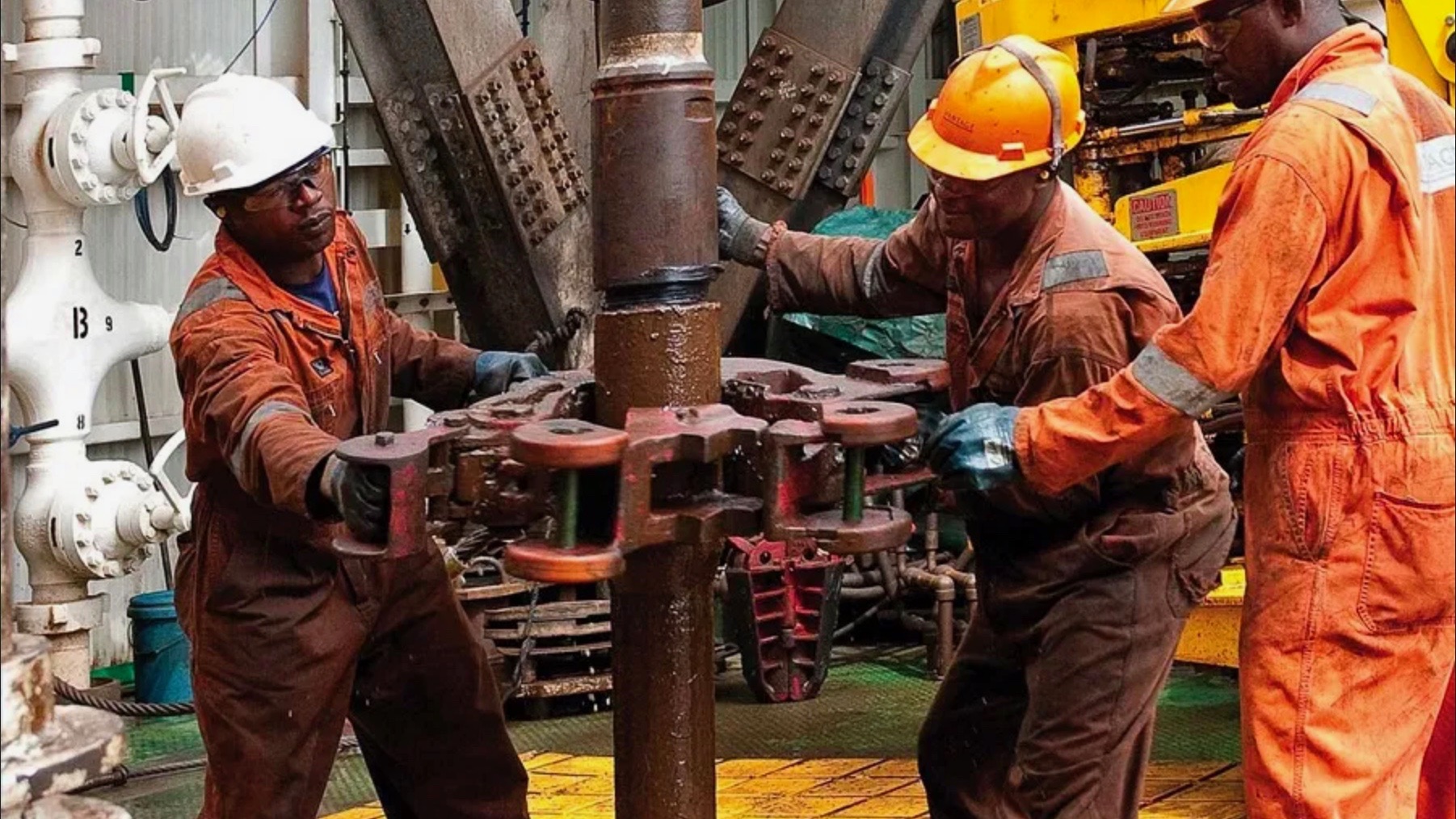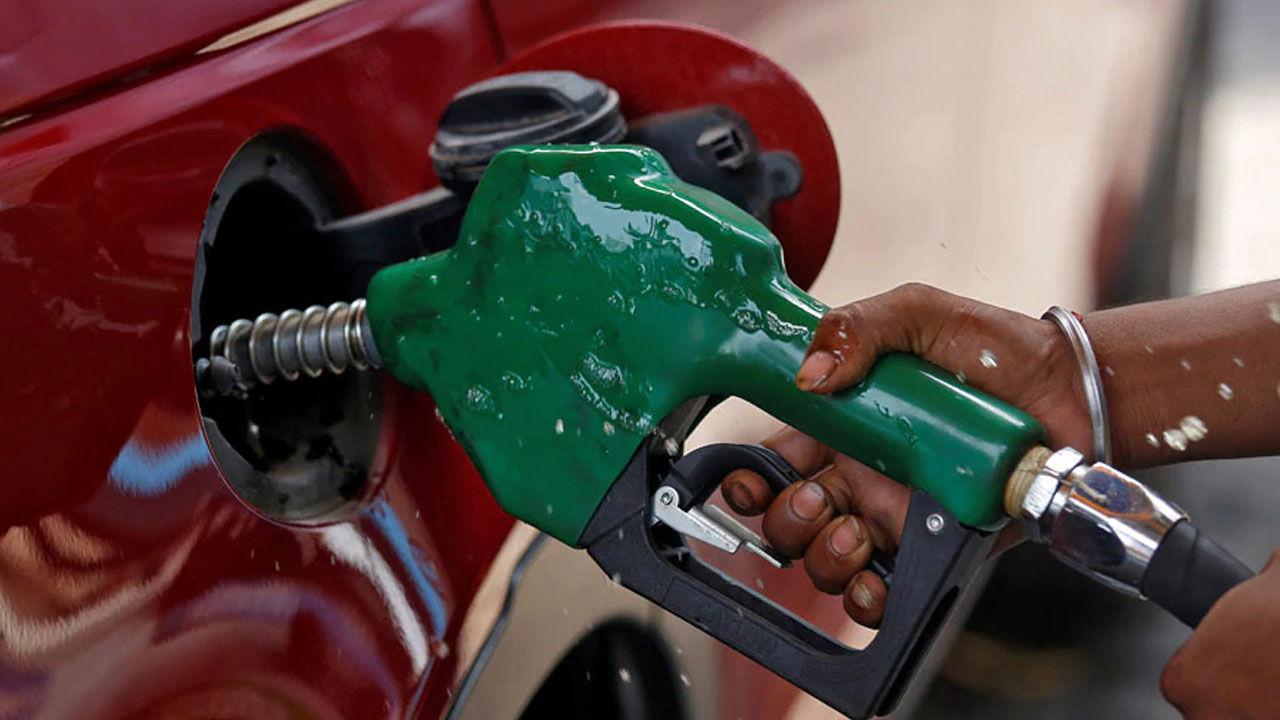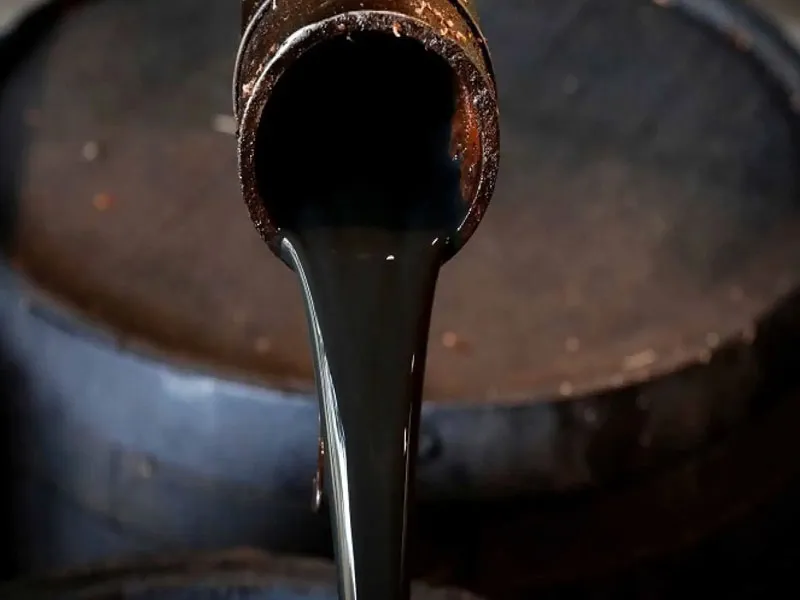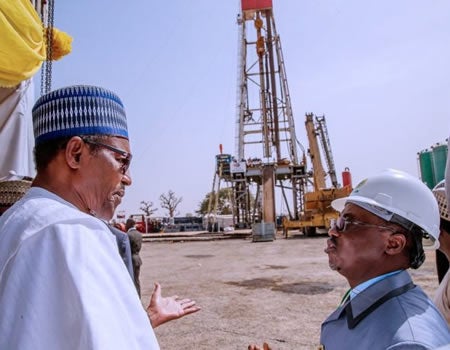The Chairman, Human and Environmental Development Agenda (HEDA) Olanrewaju Olanrewaju Suraju, has said that about 70 per cent of corruption in Nigeria is traced to the oil sector.
Suraju stated this on Monday while speaking in Lagos at the public presentation of its latest publication titled: ‘Spotlighting the Oil & Gas: A Review of the 2020/2021 Marginal Fields Bids Licensing Round in Nigeria.’
He said that the organisation was extremely worried and concerned about the corruption in the oil and gas sector, stating that it’s been the worst any country could have anywhere in the world.
“It is not only about Nigeria and that is the point we have made over time, that this is also about many of our foreign operators that are here. It is not only about the public sector but also the private sector including the banks that you have in Nigeria and the banks you have abroad.
“The whole corruption that actually revolved around the OPL 245 that I mentioned earlier, it was not only about Nigerian banks it was even including JP Morgan Chase Bank, based in the UK which is why Nigeria actually takes JP Morgan Chase Bank to court in UK for failing to undertake some necessary due diligence about the know your customer thing.
“About 70 per cent of corruption in Nigeria is traced to the oil sector and that is the area where you also have international players being part of the process. It means that these international players are also meant to be held to account for some of the things that are happening here,” he said.
He said among these indices were low discovery and drilling activities, high cost of production, declining joint venture (JV) production and revenues earnings, and other gamut of challenges.
“The other challenges included manifest decline in gas for power supply, job creation, project funding constraints, maturing fields amidst aging facilities without corresponding development of new fields, growing insecurity compounded by oil theft, and uncertainties around stalled reforms anticipated from the implementation of the Petroleum Industry Act.
“All of these stifled investment and production outputs in a sense that terribly affected the growth and development of the oil and gas industry,” he said.
